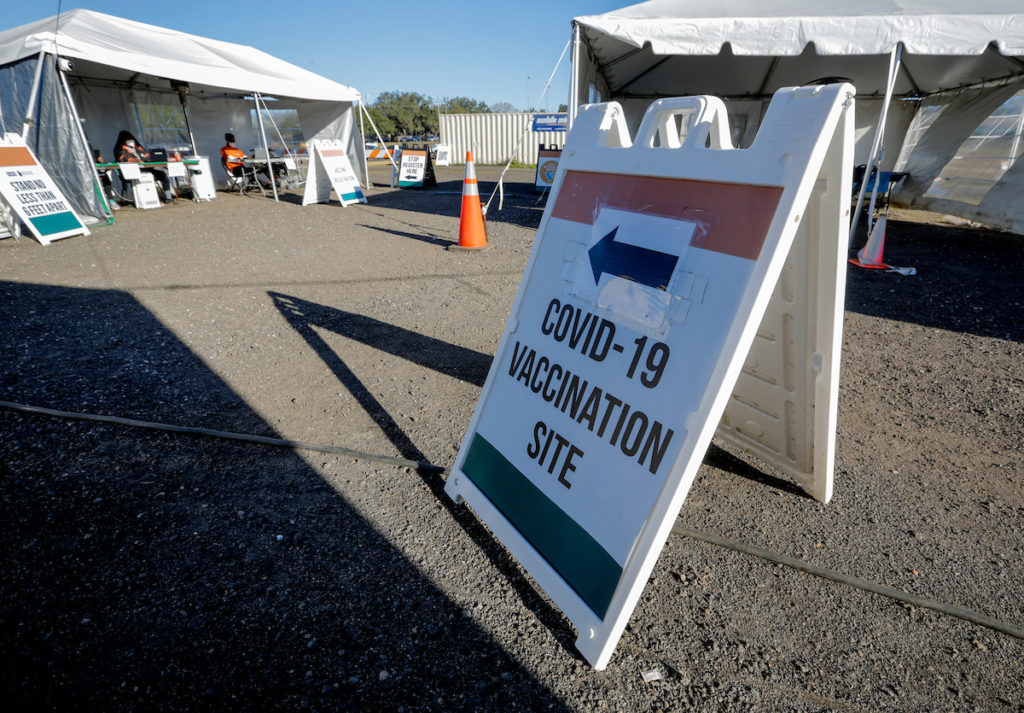By Andrew Skerritt
Monday, April 25, 2022, marks the second anniversary of the Florida A&M University (FAMU) COVID-19 Testing Site.
As the scale of the pandemic became evident two years ago, FAMU in collaboration with the Bond Community Health Center, the Leon County Health Department, the Florida Division of Emergency Management, and other partners opened a testing site at Bragg Memorial Stadium to meet the needs of residents of Tallahassee’s south side and other under-served areas. Daily, lines of people, some from as far as Georgia and Alabama, walked up to get tested.
What began as a short-term initiative to slow the spread of COVID-19 turned into the longest continually operated public testing site in the Big Bend area. From the beginning tests were free and no physician’s referral was required. The site conducted both rapid and PCR tests.
“The COVID-19 testing site represents an investment in our community to protect and serve, one that we did not take lightly,” said Director of the FAMU Institute of Public Health Cynthia Harris, Ph.D., who was one of the site’s organizers. Harris, who is also associate dean in the FAMU College of Pharmacy and Pharmaceutical Sciences, Institute of Public Health, credits the various partners, such as the TMH Foundation, as well as student and staff volunteers for the site’s longevity and success.
“That really has sustained us over these last few years, and we want to thank the Tallahassee community and all outlining communities who have supported us through this time. It is through the love of community that we have maintained our site.”
Since its opening, the site has moved from Bragg to Ardelia Court to Wahnish Way, just north of FAMU DRS, where the public can go for tests or vaccines.
As of close of business Monday, the staff had administered 632,524 tests. The daily testing numbers have surged and sagged as the virus has peaked and ebbed. The site, open Monday through Saturday, 8 a.m. to 4:30 p.m., averages between 200 and 400 tests a day, said Tanya Tatum, FAMU director of Student Health Services. The site remains vital in the fight against the pandemic, she said.
“It’s not over. FAMU has made a commitment to provide access to testing and we’re still at it,” said Tatum. The positivity rate for the FAMU COVID-19 site is about 11 percent, she said. “Even now, when we’re seeing increasing positivity rates,” Tatum added. “But it’s harder for people to recognize because they are not seeing the high hospitalizations as before.”

